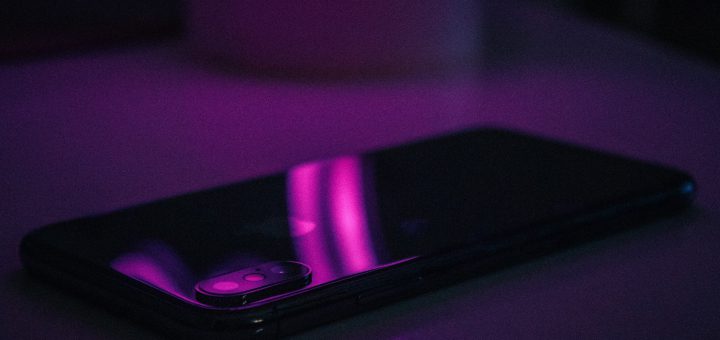Managing Guilt Online
It’s really easy to unintentionally hurt people’s feelings online. We may not even know we’re doing it, and it’s impossible to predict how people who follow us may respond, but everything online is going to cause some sort of reaction, no matter how big or small.











Recent Comments